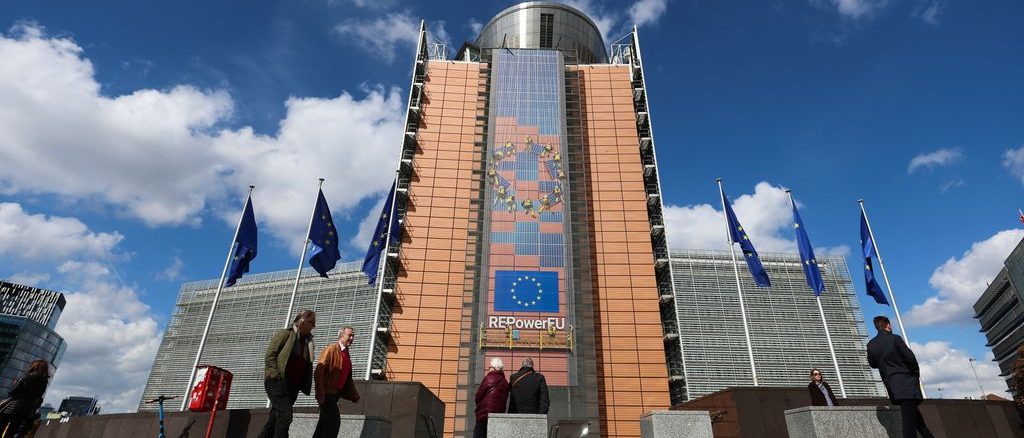
EU concerned about the role of Facebook and Instagram in elections, opens investigations
The European Commission is targeting social media giant Meta. There are concerns that the measures taken by the tech giant around the European elections are insufficient. The urgency is great: the elections for the European Parliament are in just over a month.
Concerns include the spread of Russian disinformation through advertising, the suppression of political content and ways to monitor what goes around on Facebook and Instagram. As far as we know, Meta has not yet responded.
Under the DSA, the Digital Services Act, which has been in force since last year, investigations are now being launched into four possible violations. These are the fifth and sixth investigations that the committee has started under the new law.
Misleading advertisements
First of all, it concerns the moderation of advertisements on Meta’s platforms. The committee suspects that the measures taken by the company are not having sufficient effect. This includes advertisements made with the help of generative AI (artificial intelligence), in particular so-called deepfakes. These are, for example, images or videos that have been manipulated using AI.
The committee has indications of abuse, including in Russian influence campaigns. “This deserves careful scrutiny because of the impact it could have on the elections,” said a source at the European Commission.
The connection is made with the pro-Kremlin network ‘Doppelganger’, which spreads Kremlin narratives on Facebook through advertisements. The network has been around for some time and first came to light in 2022, but the impact now appears to be greater than expected. noted nonprofit AI Forensics this month. Advertisements have been distributed in sixteen EU countries, including France and Germany.
Report illegal content
The second study concerns messages that are posted by users, and therefore do not cost money. The committee suspects the company of limiting the visibility of politically tinted messages by default. Meta may also not sufficiently explain what it sees as political content and what decisions are made about it.
The third is about the possibilities for the outside world – such as independent researchers and journalists – to monitor how Facebook and Instagram work. This concerns, for example, which messages and accounts go viral and why.
Meta has had a special dashboard for this purpose for years, CrowdTangle. But that dashboard in particular will be phased out this year. The committee wants an explanation from Meta about this within five days, with an answer to the question of how they want to address the committee’s concerns.
Finally, the committee mentions shortcomings in the way in which users can report illegal content on the platforms.
Adjustments take time
The source at the European Commission emphasizes that it is not the case that Meta does nothing. “We don’t want to give the wrong impression. But there are still important shortcomings in safely holding elections.”
There is no timeline for what happens next. “There is a lot of contact,” the source reports. “We have appointments scheduled with them today and the rest of the week, given the urgency.” It is also emphasized that some adjustments requested by the committee require more time. “They probably can’t change that in a day, because if they were they probably would have already done it.”
If all suspicions are proven, a total of thirteen articles of the DSA will be violated. And that can lead to high fines, up to 6 percent of global annual turnover. In the case of Meta, this amounts to approximately 7.5 billion euros.

Be the first to comment